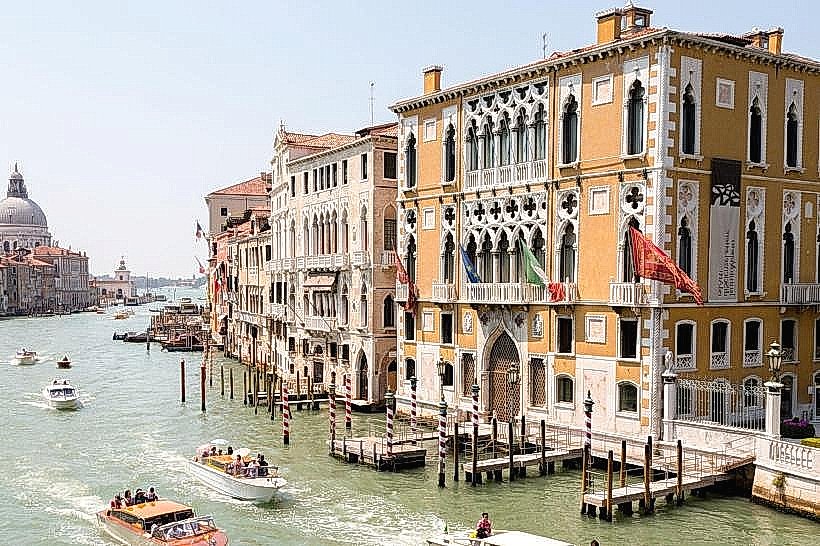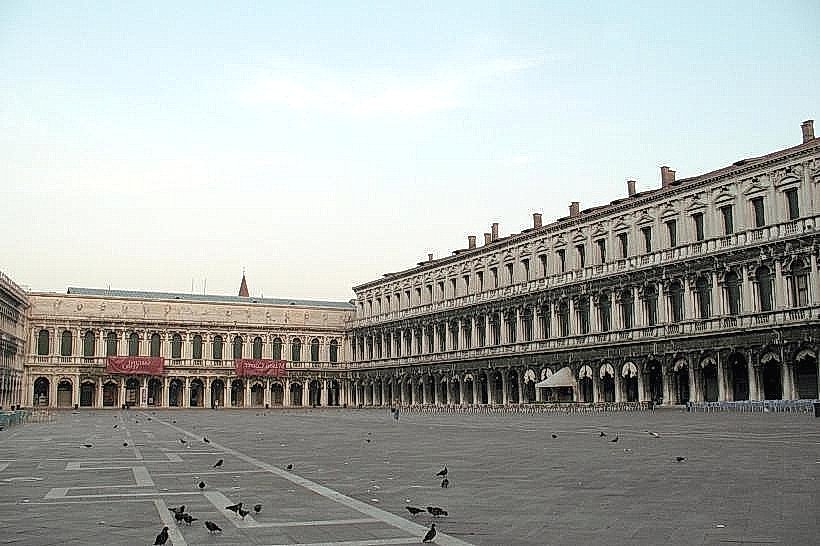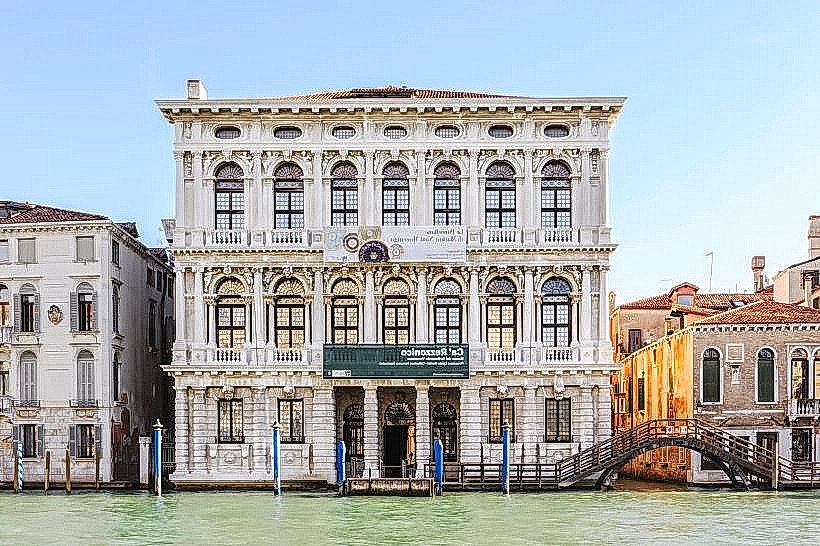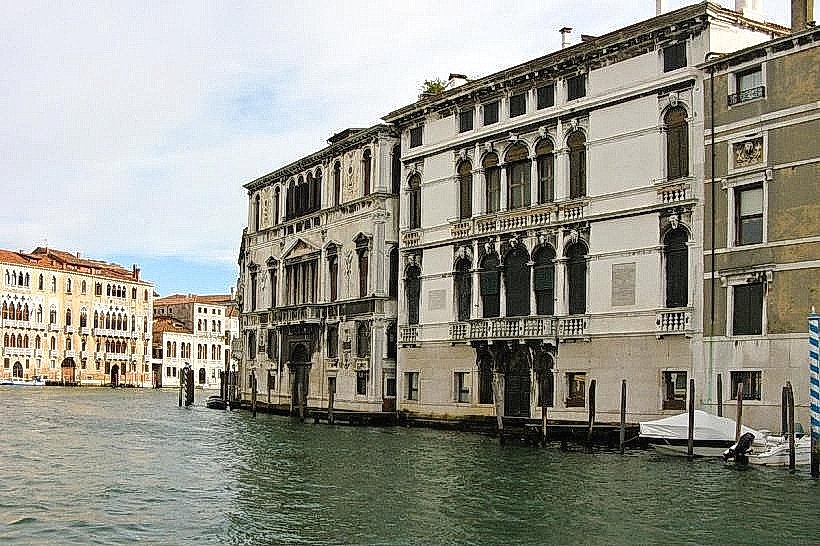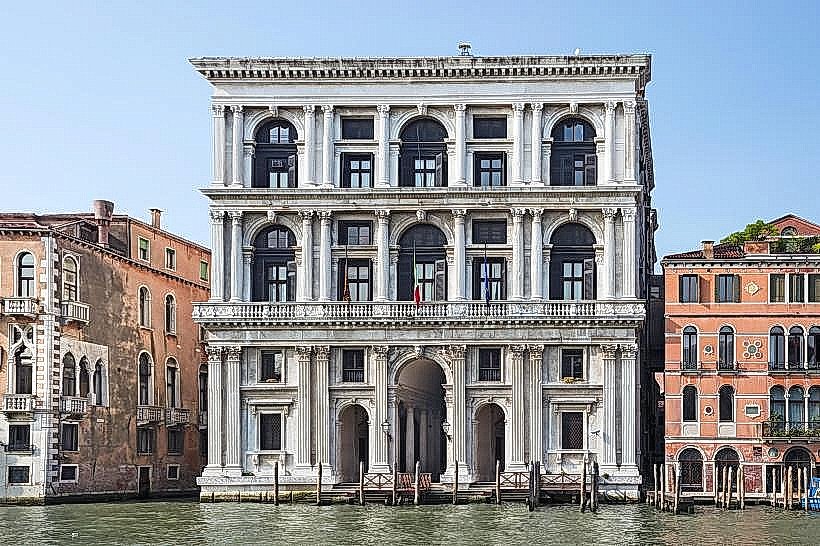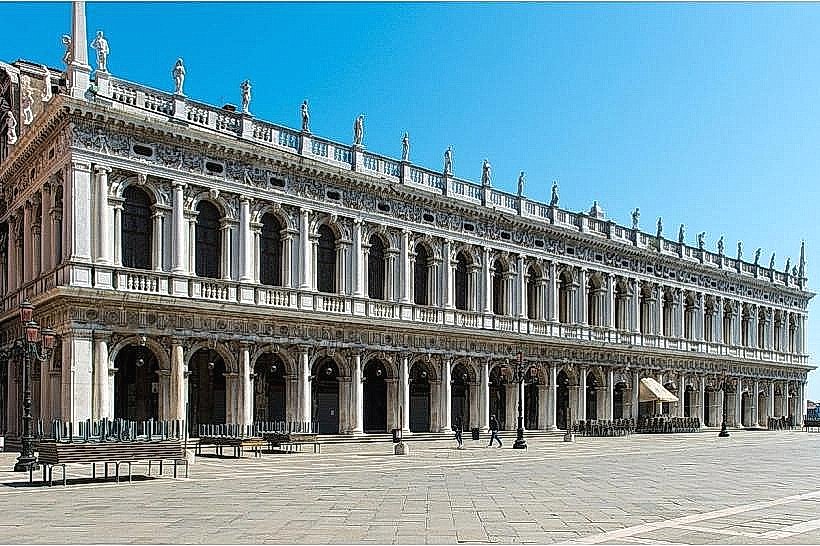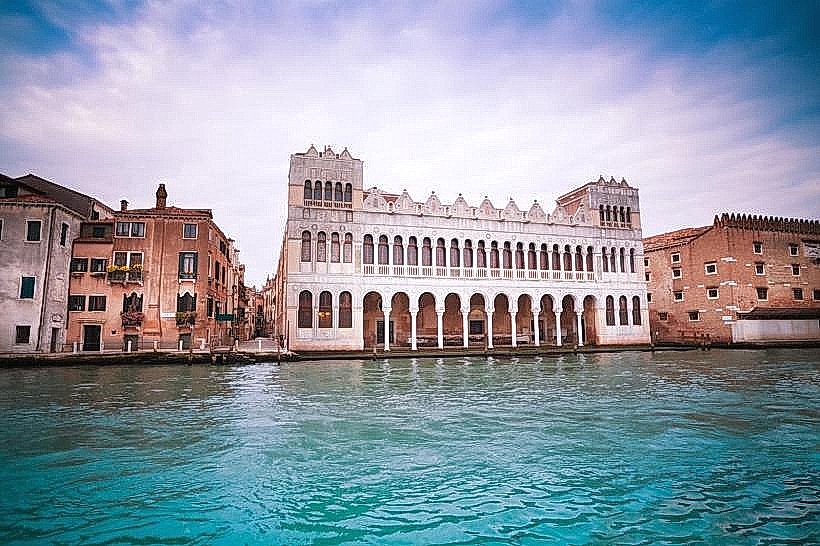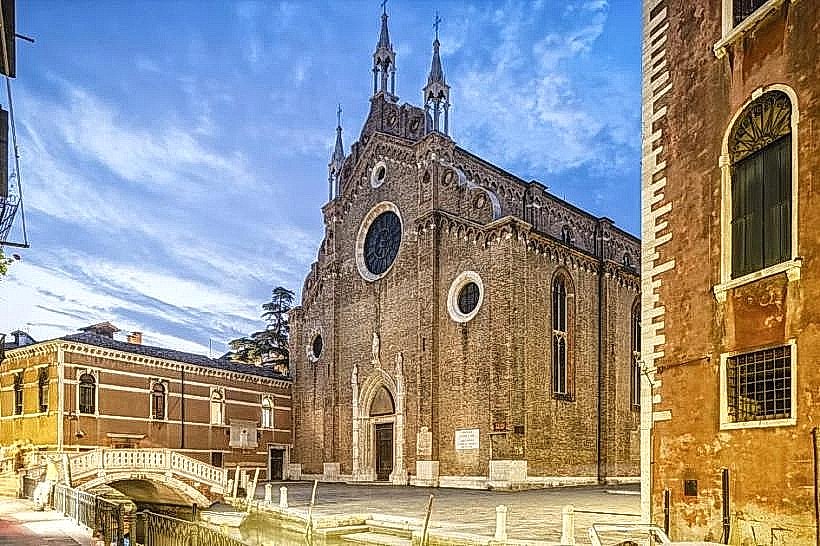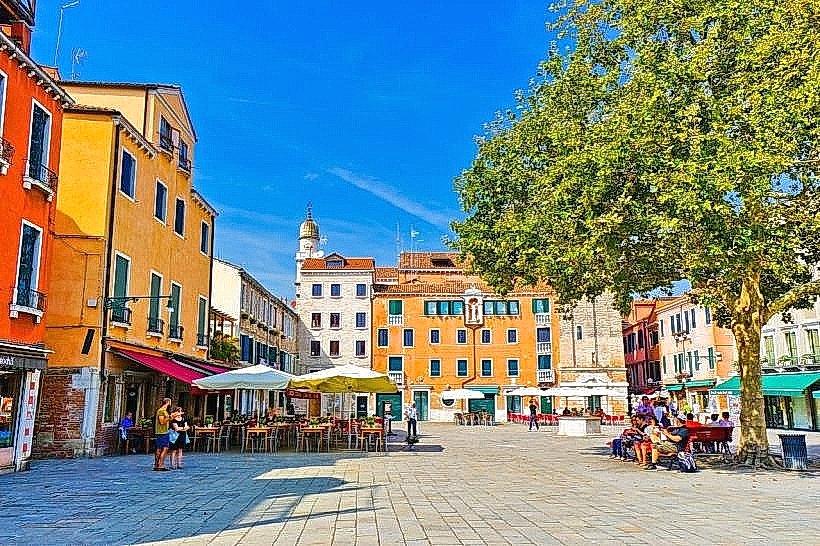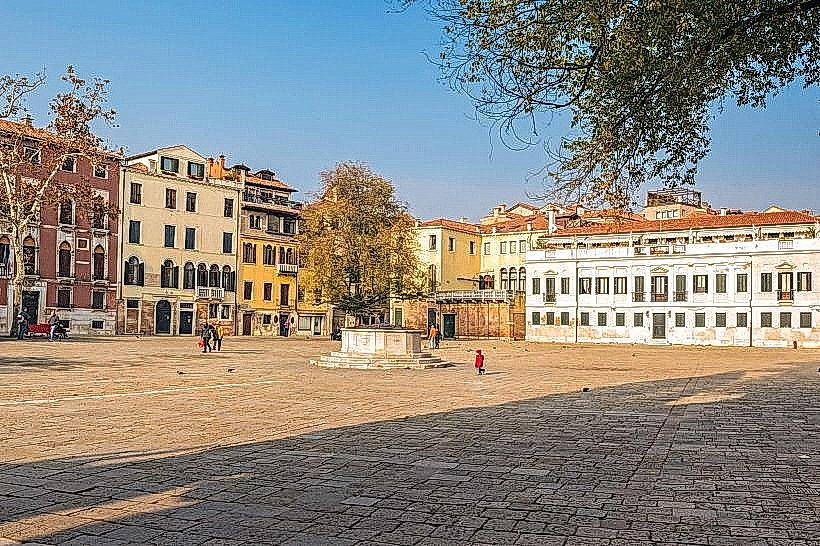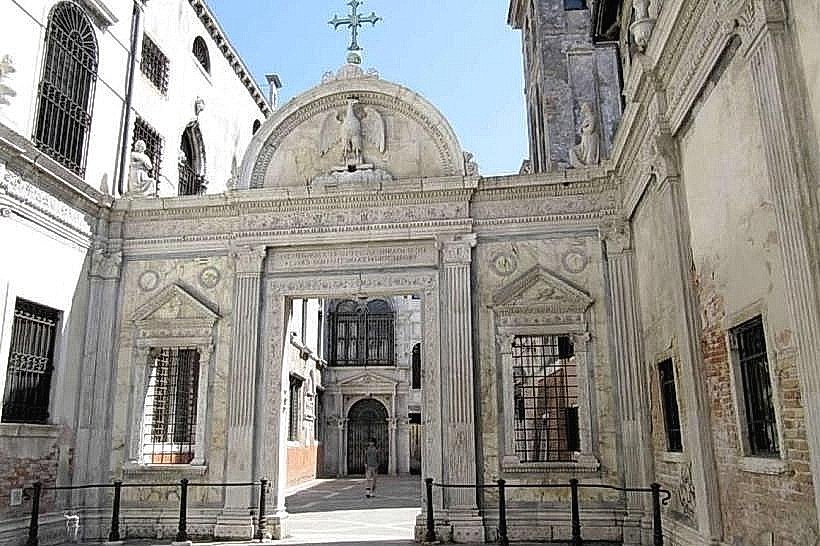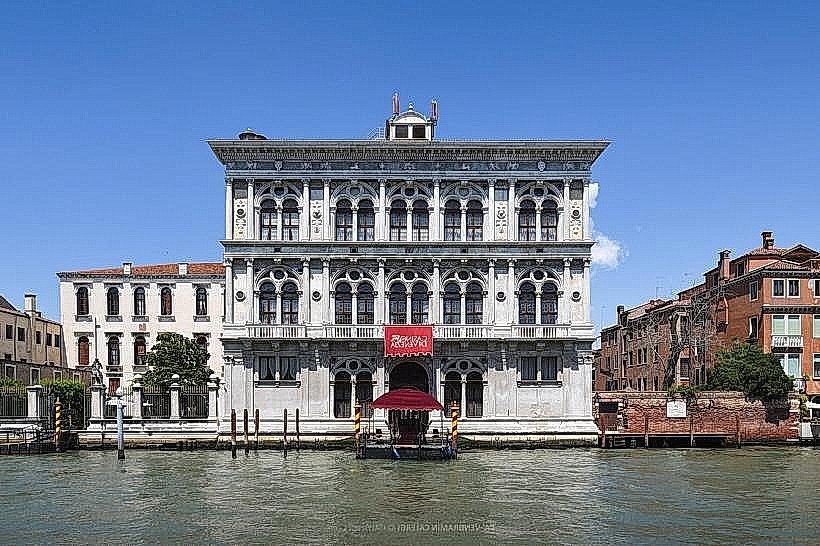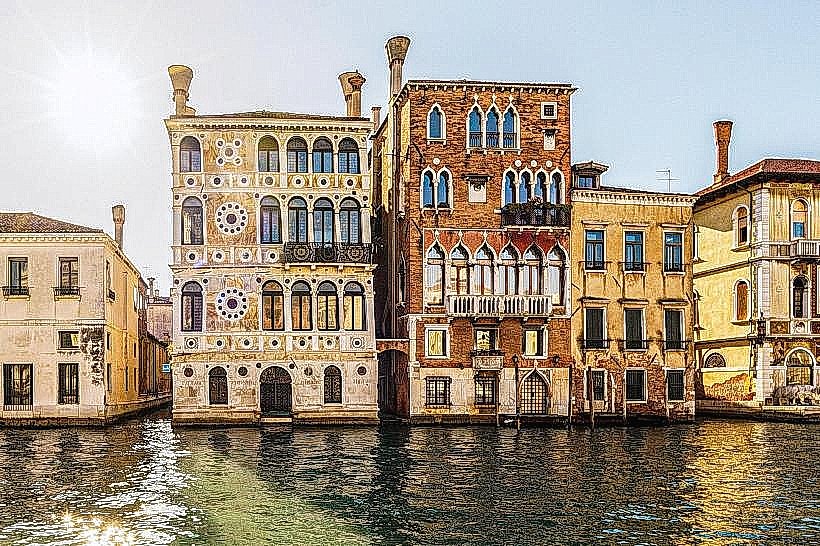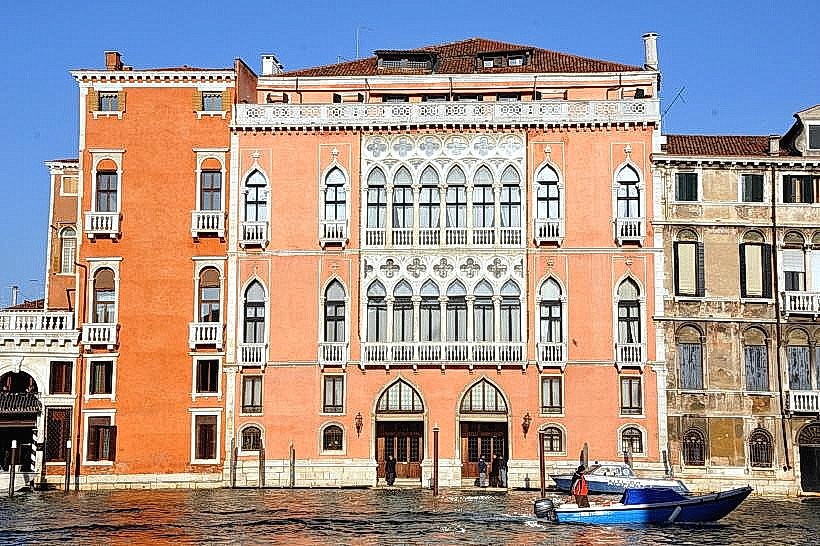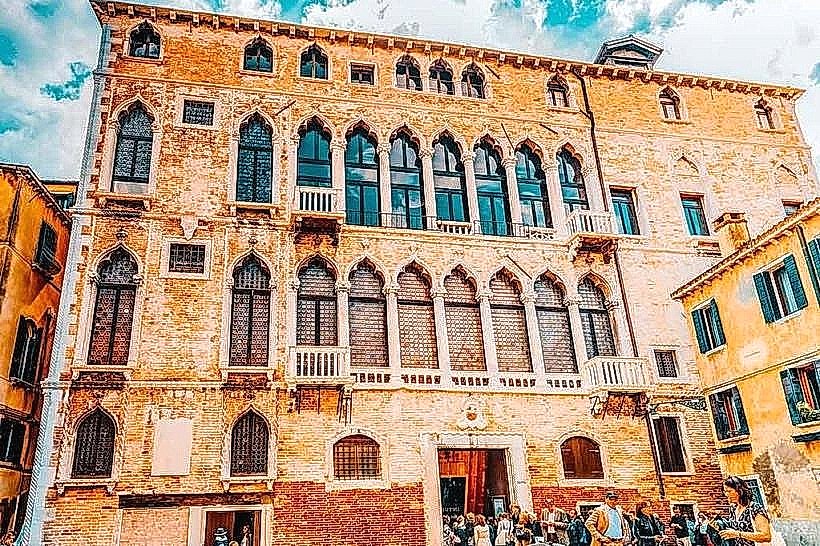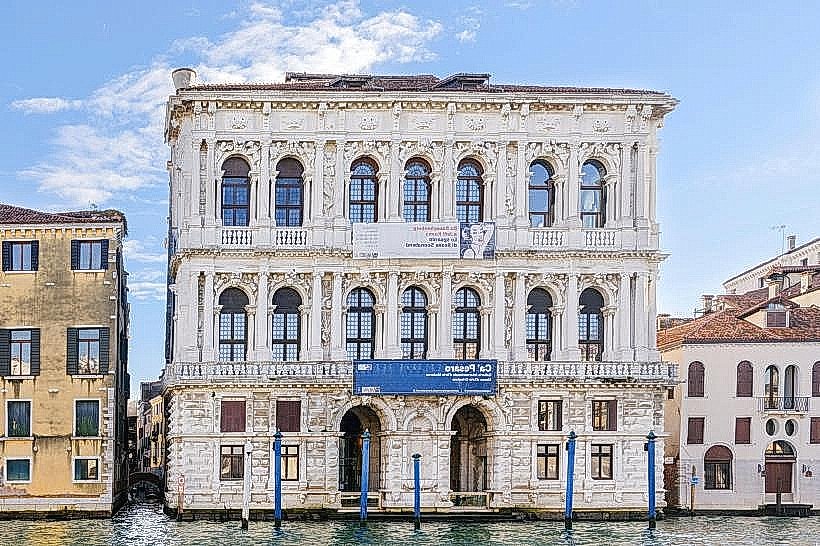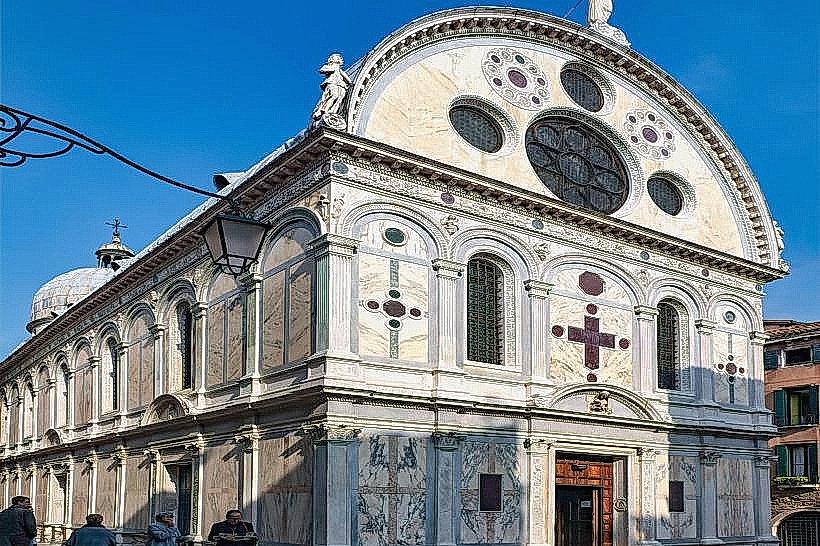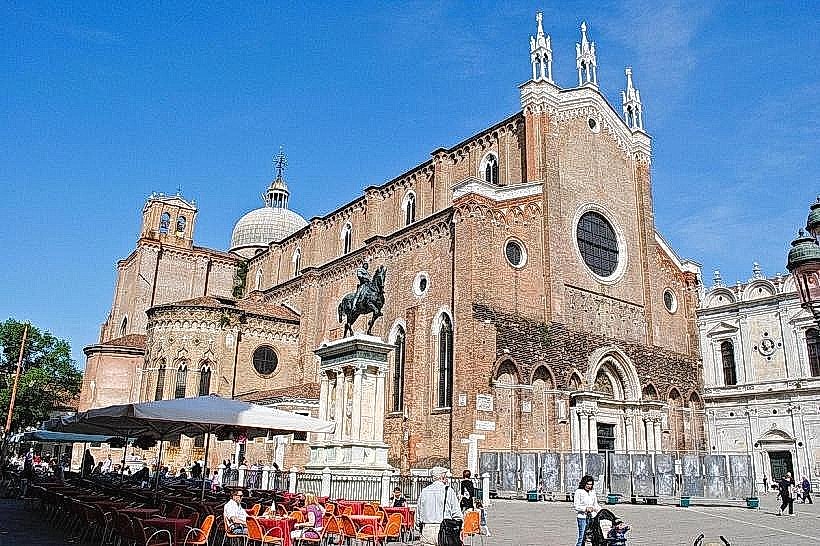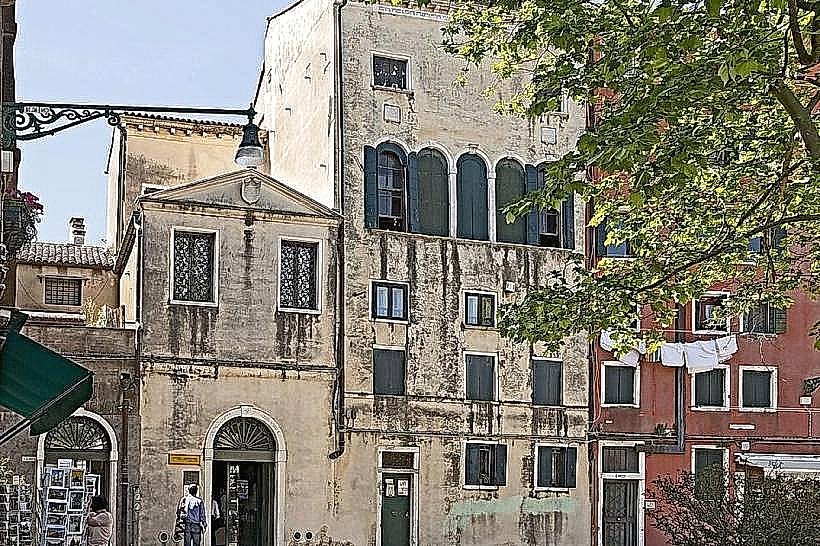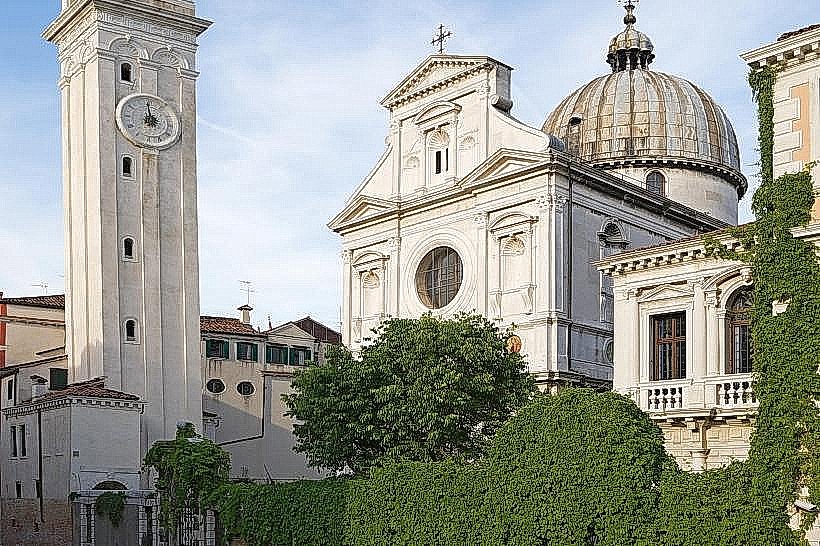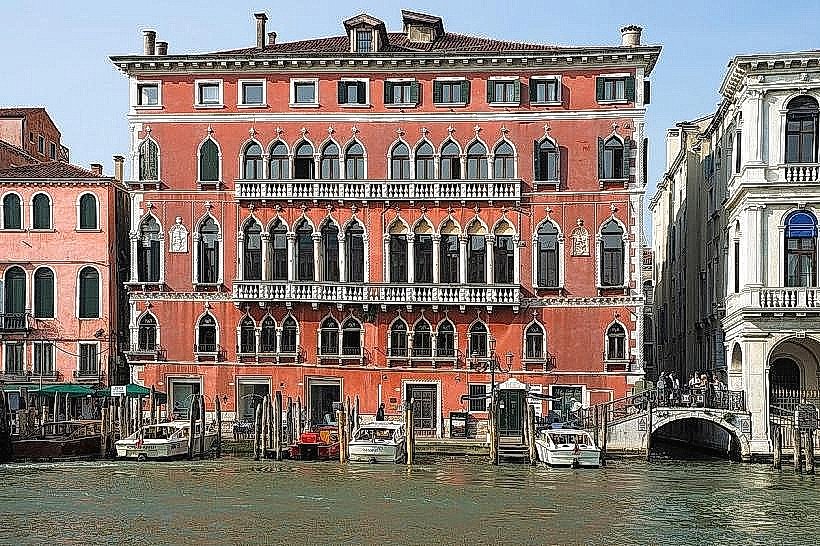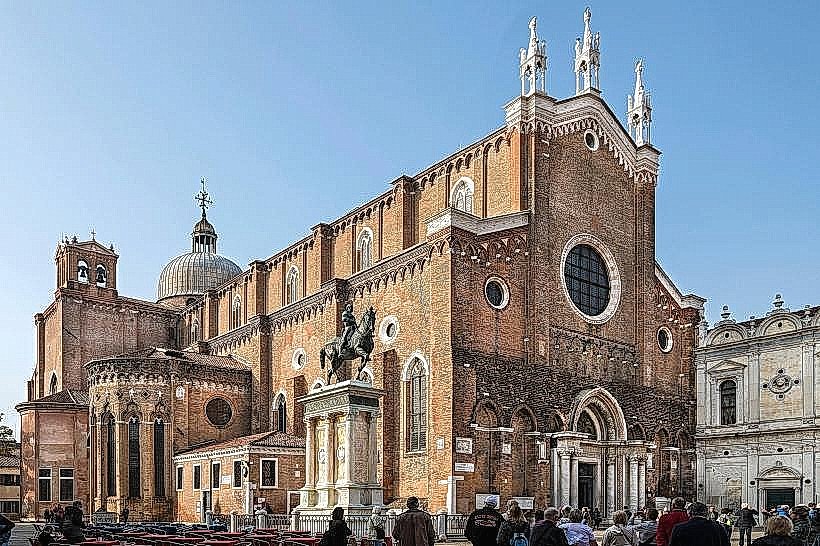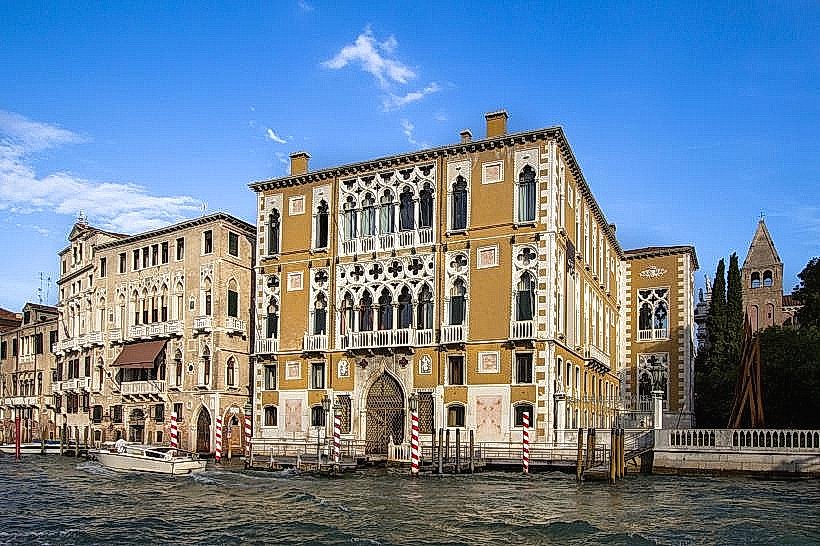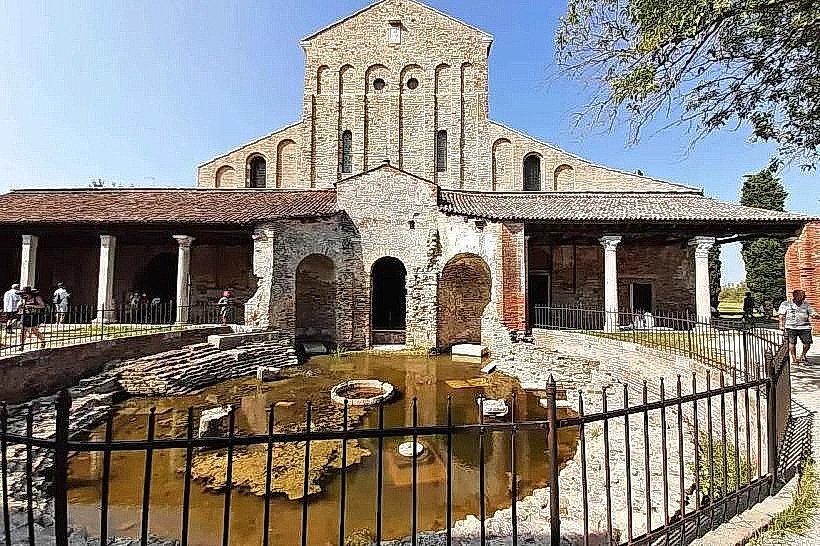Information
Landmark: Palazzo da LezzeCity: Venice
Country: Italy
Continent: Europe
Palazzo da Lezze, Venice, Italy, Europe
The Palazzo da Lezze stands gracefully in the Cannaregio district of Venice, one of the city’s quieter and most authentic quarters. Overlooking the Campo Santi Apostoli and the Rio della Misericordia, it represents one of the finest examples of Venetian Baroque architecture from the early seventeenth century.
Historical Background
The palace was built around 1611–1617 for the Da Lezze family, a noble Venetian lineage originally from Bergamo, who rose to prominence through military service and commerce. The family’s wealth and prestige during the late Renaissance made it possible to commission a grand residence worthy of their social status.
The design is traditionally attributed to Baldassare Longhena, Venice’s foremost Baroque architect, also known for masterpieces such as Santa Maria della Salute and Ca’ Rezzonico. Although not as monumental as those landmarks, the Palazzo da Lezze carries the same elegant sense of proportion and sculptural richness typical of Longhena’s work.
Architecture and Exterior
The palace’s façade, facing the Campo dei Gesuiti, exhibits refined Baroque lines balanced with Venetian restraint. It rises three stories above the canal, composed of white Istrian stone and decorated with ornate balconies, arched windows, and carved keystones. The central axis emphasizes symmetry-a hallmark of Longhena’s architecture-while the façade’s gentle rhythm and light reflection on the canal lend it a sense of graceful harmony.
Distinctive features include:
Trifora windows with decorative balustrades and stone columns.
Iron balconies with floral motifs.
A monumental water portal at canal level, once used for noble arrivals by gondola.
Subtle sculptural ornamentation combining Classical order with Venetian softness.
Interior
Though largely private and not open to regular visitors, historical records describe the interior as richly adorned with stuccoes, ceiling frescoes, and terrazzo pavements typical of 17th-century Venetian noble homes. The central piano nobile (main floor) housed grand salons overlooking the water, used for receptions and family ceremonies.
Cultural Significance
The Da Lezze family played a notable role in Venetian history. One of its most distinguished members, Girolamo da Lezze, served as Captain of Bergamo and was celebrated for his defense of Candia (Crete) against the Ottoman siege in the 17th century. The family’s influence and patriotic reputation added symbolic prestige to the palace, which became both a residence and a mark of their service to the Republic.
Present Context
Today, the Palazzo da Lezze stands as a dignified example of urban nobility in Cannaregio, surrounded by quiet canals, small bridges, and the everyday rhythm of Venetian life. Its façade remains beautifully preserved, offering one of the district’s most picturesque views-especially at dusk, when the light of the lagoon softens its pale stone into gold.
Although often overlooked by tourists heading toward the Grand Canal or Rialto, the Palazzo da Lezze represents the refined balance of Venice’s architecture-where grandeur coexists with intimacy, and the city’s aristocratic past continues to resonate in the stillness of its waters.

